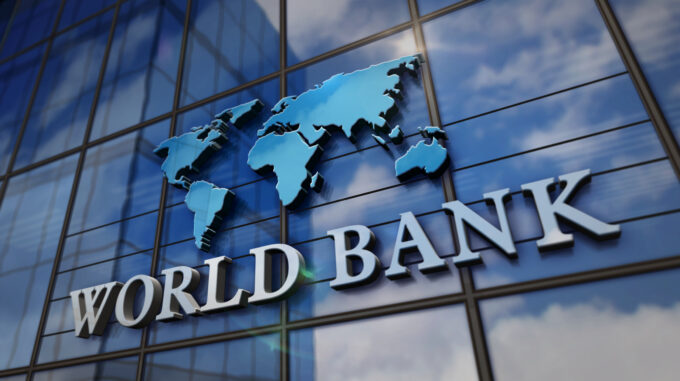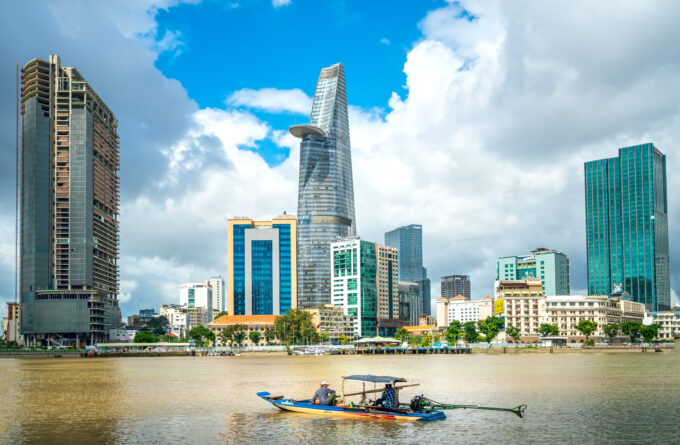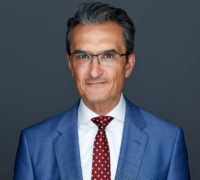These models would also need to effectively address a spectrum of issues, spanning from climate change and inequality to pandemics and fragility, all while upholding the World Bank’s triple-A credit rating, denoting the highest creditworthiness. This credit rating enables the bank to access capital at favorable terms, ensuring it can finance its projects and programs efficiently.
Multilateral complexities: a changing geopolitical landscape
There are other challenges too. The time of strong multilateralism that is primarily associated with the post-World War II era has waned, particularly following the COVID-19 pandemic. Countries like China are emphasizing their geopolitical interests, while the US seeks to exert greater influence.
This changing landscape has led to countries using funds unilaterally, potentially weakening international institutions like the World Bank and even leading to competition between them and other major players, including China’s Belt and Road Initiative, which makes colossal infrastructure investments.
Other complexities arise as developing nations are wary of shifting the World Bank’s focus entirely from poverty reduction to climate change. They fear that other essential priorities, such as healthcare and education, might be sacrificed in this shift, potentially leaving the poorest populations with fewer resources.
It is true that decarbonization can significantly impact economies heavily reliant on fossil fuels, potentially causing economic disruption in the developing world, particularly when these industries are major sources of employment and government revenue.
Moreover, in numerous developing countries, a significant segment of the population lacks access to reliable and affordable energy sources. Decarbonization may inadvertently lead to heightened energy costs for these vulnerable populations, exacerbating poverty and social inequality.
Therefore, it is essential not to abruptly end the World Bank’s funding, guarantees, and policy support for fossil fuels, as some have called for. A managed energy transition that considers social and economic impacts is crucial.
To ensure an equitable transition and provide financial assistance to poorer nations grappling with climate change, a market-driven approach is favored. International organizations sometimes distort market dynamics.
Hence, the International Finance Corporation (IFC), an arm of the World Bank, plays a valuable role in facilitating, advising, and promoting private-sector solutions for developing countries. Consequently, the private sector should be the primary financing system due to its efficiency.
Governance reform: adapting to a changing world
To unlock additional resources for addressing 21st-century challenges, such as climate change, pandemic control, and crisis prevention, the current governance framework must adapt to the evolving global economy as well. The World Bank operates like a cooperative, with countries’ voting power determined by the size of their economies.

Audio available






